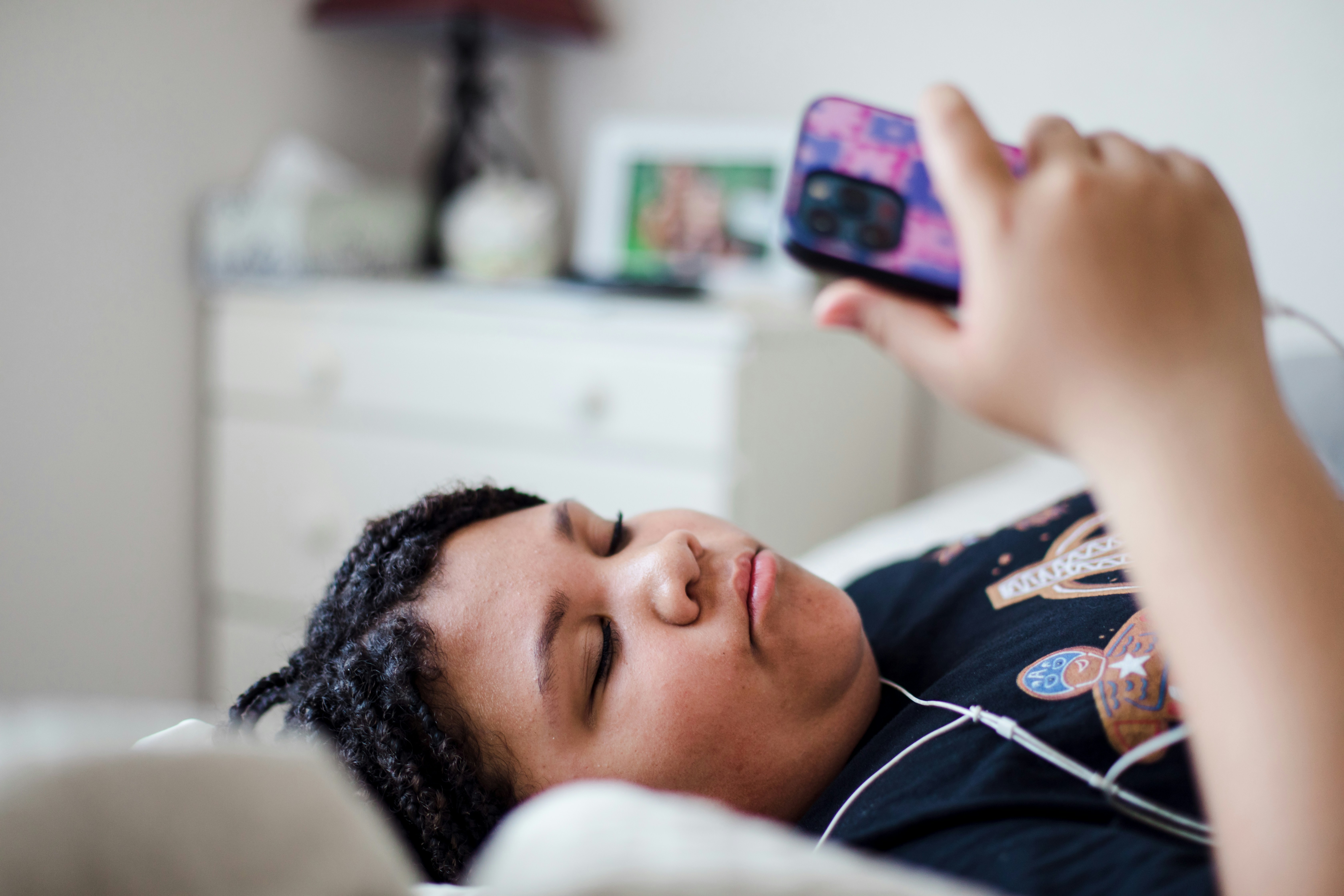Media release
From: PLOSAn international sample of adolescents shows almost 17% experience weight-related bullying online, especially for social media users—with almost 70 percent of Twitter users reporting being bullied
Each additional hour of social media use equaled a 13% increase in weight-related bullying
From a survey of about 12,000 adolescents from Australia, Canada, Chile, Mexico, the US, and the UK, about 17 percent of respondents reported experiencing weight-related bullying online, especially users of Twitter and Twitch, according to a study published April 17, 2023 in the open-access journal PLOS ONE by Kyle Ganson from University of Toronto, Canada, and colleagues.
Screen time and social media use are common among adolescents—and people in general—for entertainment and social connection, though many cons exist, including cyberbullying. Here, Ganson and colleagues investigated weight-related bullying in adolescents across different types of recreational screen time and more specifically, across six different social media platforms.
The authors analyzed data from 12,031 adolescents (ages 10-17 years) from Australia, Canada, Chile, Mexico, the United Kingdom, and the United States originally surveyed in the 2020 International Food Policy Study Youth Survey. In addition to demographic data, adolescents provided the number of weekday hours they spent “watching YouTube,” “on social media (messaging, posting, or liking posts),” “watching TV shows, series, or movies,” “playing games on smartphones, computers, or game consoles,” and “browsing, reading websites, googling, etc,”, and noted whether or not they used any of six different social media platforms: Facebook, Instagram, TikTok, Twitter, Snapchat, and Twitch. They also responded to the question “Do you get teased or made fun of because of your weight?”
The surveyed adolescents spent an average of 7.5 hours total on recreational screen time every weekday. Almost 17 percent of respondents also reported weight-related bullying sometimes, a lot, or all the time, with a 13 percent increase in bullying reported for every additional hour of screen time reported. Almost 70 percent of Twitter users reported being bullied, and Twitch was the second-highest social media platform linked to weight-related bullying. The associations between screen time, social media use, and weight-related bullying were strongest for adolescents in Canada, Australia, and the UK. Boys were less likely to experience weight-related bullying than girls when using Twitch or playing video games.
The authors note all the data was self-reported, which may have introduced recall bias, and note future research is needed to address this growing social issue.
The authors add: “Adolescents across 6 diverse countries who use social media are more likely to experience weight-related bullying victimization. This experience can have adverse effects, including poor body image, disordered eating behaviors, and anxiety and depression symptoms. There is a strong need to make social media and online spaces more accepting and safer for young people to engage in.”
#####


